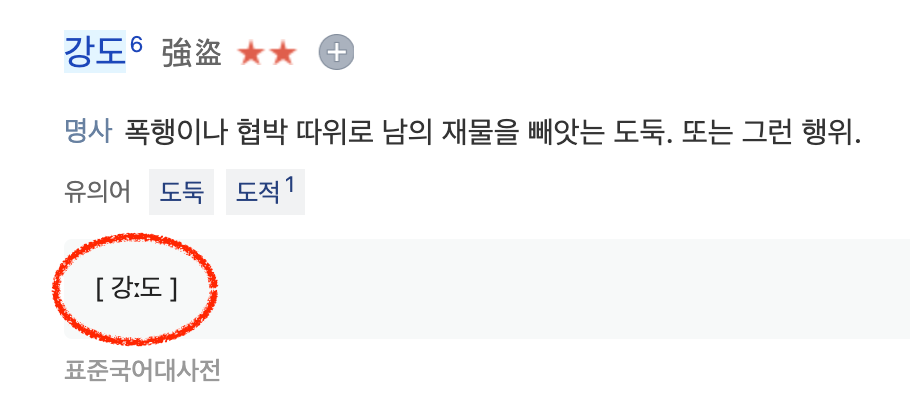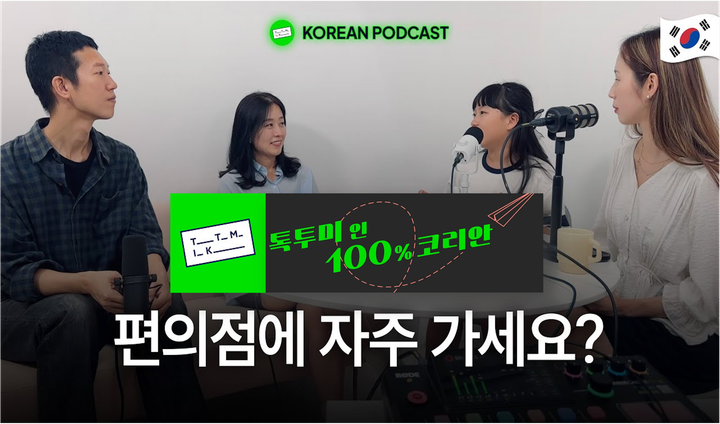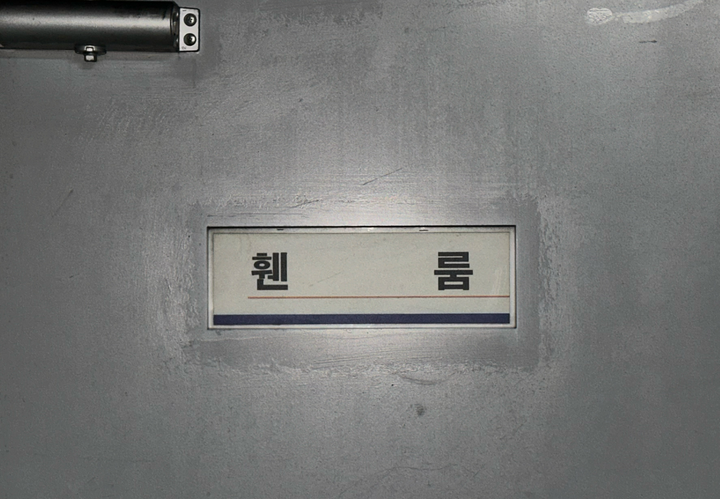Have you ever noticed that sometimes some Korean words sound slightly different, with a longer vowel, even though they are written exactly the same? This hidden rhythm isn't always taught in classrooms or textbooks, not least not as much anymore, but it's still alive in everyday speech.
If you haven't already, watch my video about this concept.
It's the subtle but important difference between someone who buys(사는) an apartment and someone who lives(사:는) in an one, or between having an illness(병:) or having a bottle(병).
The answer is simple: in the dictionary! You can look up words in the Korean-Korean dictionary and you'll see the colon-like mark after the syllable that's supposed to be pronounced with a long vowel.

Here are some examples of words that share the same spelling, but depending on the vowel length, the meaning changes completely.
(The second word in each pair, with the colon-like mark next to it, has a long vowel.)
- [말] horse / [말:] language, words
- [돌] a child's first birthday / [돌:] stone
- You don't want your baby's first birthday party just decorated with stones.
- [눈] eye / [눈:] snow
- [밤] night / [밤:] chestnut
- [벌] punishment / [벌:] bee
- [배] pear (fruit) / [배:] double the amount
- [김] while doing something / [김:] type of seaweed
- The first one is used inside the structure: -하는 김에 (while you're at it), which you can learn in our Core Grammar curriculum.
- [사과] apple / [사:과] apology
- [적다] to write down / [적:다] to be little (in amount)
- [살 수 있다] can buy / [살: 수 있다] can live
- [걷다] to collect (money), to gather up (laundry) / [걷:다] to walk
- [가정] family, household / [가:정] supposition, assumption
- [간] saltiness of food / [간:] liver (organ)
- [강도] intensity, strength / [강:도] robber
There are many more.
How do you avoid making mistakes about this?
You need to get used to the different sounds through repeated exposure and practice, but in the meantime, when you are uncertain, just go with the short vowel version, and then see the other person's reaction.
For example, when you want to say that there's a bee, try saying 벌 with a short vowel. If the other person understands you perfectly, it's great! Maybe the context was very clear. But if they say "네? 벌이요?" (Sorry? Punishment?), you can try saying it with a long vowel.
Unless you want to study the list above and memorize everything, the process of finding the perfect rhythm will be the same: trying one sound and then trying another sound.
Am I always super strict about these rules?
Not really. I'm sure I mix up these vowel sounds quite often, too. In fact, there's a pair of words I also find myself not distuishing very much. It's this pair:
- [거리] distance / [거:리] street
When you want to say things like "in the street" (거리에는, 거리에서), the first syllable 거 has to be longer, but most people just say it the same way as the word for distance, including myself.
So all of this shows that languages keep changing, and we are seeing it happen in real time. In my personal opinion, this simplification of short-long vowels really became accellerated in the last couple of decades. (Probably because it's not taught as much in school and also because people communicate so much through written messages these days.)
It's all about rhythm and context.
If you pay attention to the way native speakers naturally stretch or shorten sounds, you'll start to feel the hidden beat of the Korean language for yoruself, without having to memorize anything. So keep reading, keep listening, and keep learning!
Thank you for reading and for studying Korean with us.
Hyunwoo



